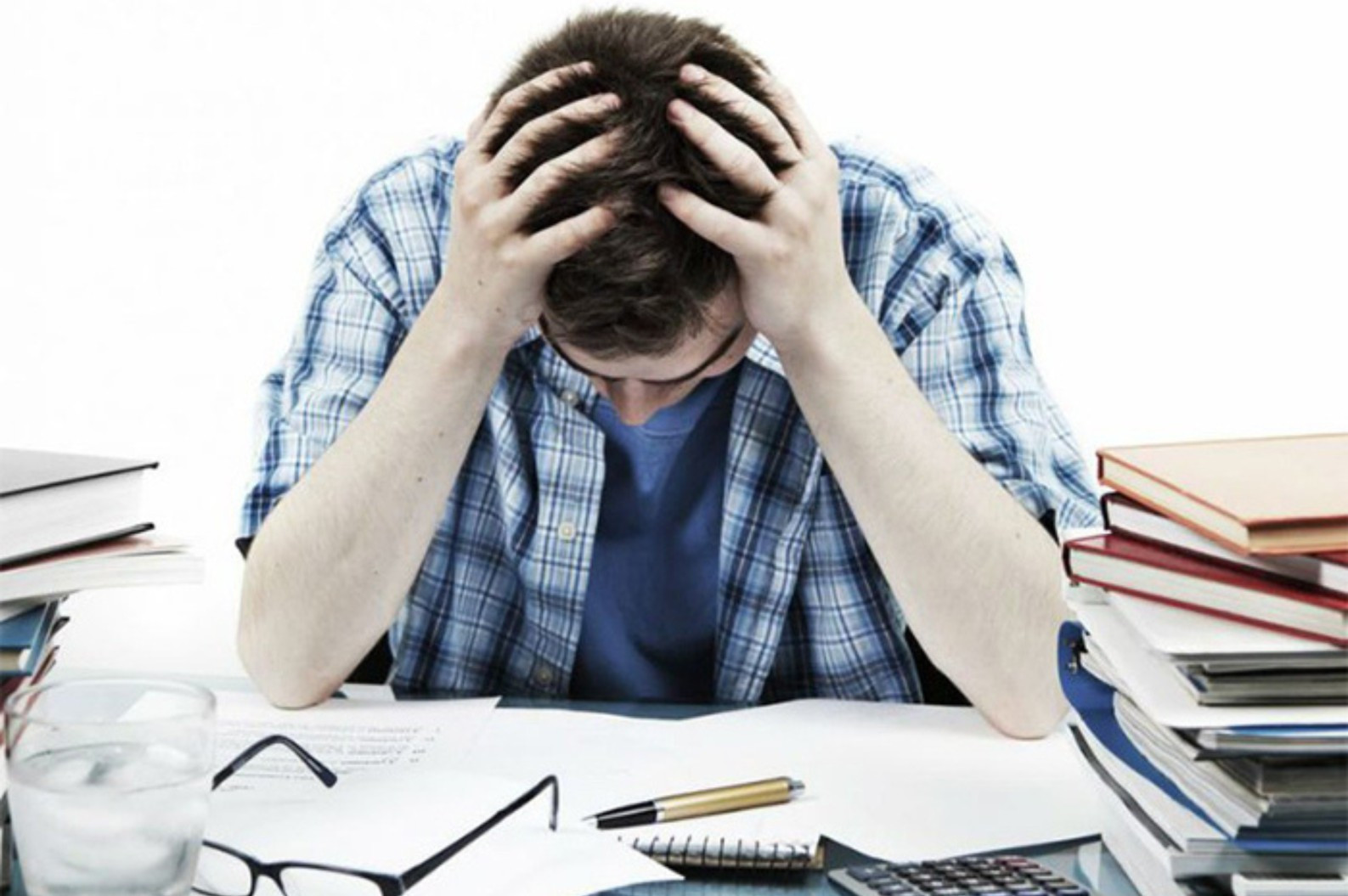
In a schooling environment, every student has to face academic pressure at different levels. Pressure comes from the accumulation of negative emotions such as stress and fatigue related to study and examinations.
This can also be the factor that encourages individuals to make efforts to overcome difficulties and gain high achievements in studying.
However, if the pressure is strong and if it lasts a long time, it may cause serious consequences, harming the physical and mental health of youth.
L.H.T, 18, in Lang Son, was a victim of academic pressure. His parents cared more about his scores for school work than about his health situation.
T began his day at 7 am and finished at 9 pm. He had little free time. He went to school in the morning and had private tutoring lessons in the afternoon. The last extra lesson of the day finished at 9 pm and he got home at 9.30 pm.
If he got bad marks on school work or exams, he would be scolded by his parents. He could not use a mobile phone as the father believed the phone affected his study.
T complained that he usually felt suffocated and tired, that he cried at midnight because of stress, and that he tried to hurt himself to feel relief.
L.N.H.K, 20, from Hanoi, said he felt pressure from hard study.
“My parents put high expectations on me. I am also the place where my parents vent their anger when they have problems, though I don't do anything wrong,” he said.
At school, K did not have friends. Classmates turned their back on K and boycotted him.
“There was a time when I thought a lot about committing suicide,” K said.
The pressure prompted K to try stimulants and became addicted. As his learning records turned bad, he was scolded by parents, which made him emotionless, and he refused to eat.
Meanwhile, N.G.T, 16, from Phu Tho said that she could not fall in line with classmates and was afraid of communicating with people. Since her childhood, the mother has always told her that she was weak at everything, so she should better not dream of anything.
The girl has an inferiority complex and is sure she cannot do anything in life. She has excessive worries about learning records, her abilities and relationships with friends. The girl has been diagnosed with depression and needs medical treatment.
Modern educators emphasize the importance of psychological education which they believe will help students face academic pressure. However, the problem is that Vietnam has an education system that shows a lack of attention to the issue.
Young people are only taught to remember and apply scientific knowledge, while they are not educated to manage emotions or how to build a positive way of thinking.
Therefore, students don’t know how to face academic pressure and they feel embarrassed when they have to struggle with lessons and unstable feelings. This may lead to serious psychological problems - depression, anxiety and stress.
Dang Duc Anh, who has a master's degree of Clinical Psychology of Children and Adolescents from the University of Education, Vietnam National University, said that young people have opportunities to develop and gain big achievements in their careers, but they also have to live with challenges.
When the living standards get better, the youth tend to have higher expectations about everything. For example, they want to become good at work, to be treated fairly, respected, recognized and be themselves. As they keep high expectations, they feel tired, disappointed and frustrated when things don’t go the way they want.
It seems that people lead busier lives today and the youth think there are too many things they have to do, therefore, many people feel pressure and psychological damage which makes their life quality decrease. Instead of seeking reasonable treatment methods, they decide to harm themselves physically to escape fatigue and pressure.
In general, the youth have more challenges in modern times, but they have less time to adapt to the challenges and grow up.
Quoc Huy